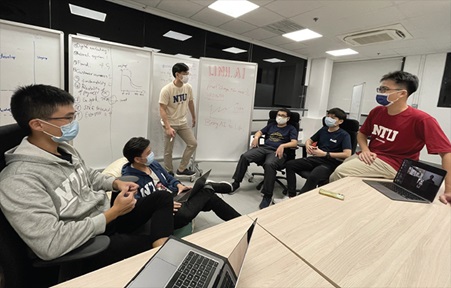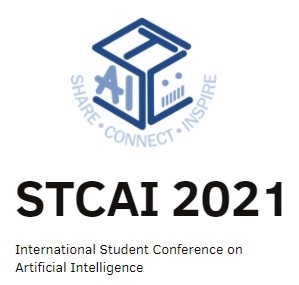Innovation Speaker Series: Vitalik Buterin on Blockchain and Ethereum (9 Oct 2017)
Vitalik Buterin, primarily known as a co-founder of Ethereum, the world's second-most valuable cryptocurrency network behind Bitcoin visited the SCSE Innovation Lab and gave a talk on Blockchain and Ethereum on Oct 9th 2017, at the Nest Theatre of the NTUitive. The talk was the inaugural one of the Innovation Speakers Series organized by the SCSE Innovation Lab.

Vitalik was born on January 31st, 1994 in Kolomna, Russia. In 1999, the family moved to Toronto. He had already shown his high interest in computers since his early childhood. He first discovered blockchain and cryptocurrency technologies through Bitcoin in 2011, and was immediately excited by the technology and its potential. He cofounded Bitcoin Magazine in September 2011, and after two and a half years looking at what the existing blockchain technology and applications had to offer, wrote the Ethereum white paper in November 2013. He now leads Ethereum's research team, working on future versions of the Ethereum protocol. Arguably as successful an entrepreneur as Evan Spiegel or Brian Chesky, Vitalik's visionary project has rocketed to a market cap of nearly $30 billion in 2016.

In the talk, Vitalik shared with us his opinions and insights on the cryproeconomic systems and the Ethereum platform. Cryptoeconomic systems such as blockchains present a new way of thinking about and architecting networked computer protocols across a wide range of use cases. A combination of distributed consensus theory, cryptography and mechanism design allows us to create fully open networks where anyone can participate in any function in the network, while maintaining the guarantee that the network continues functioning even under attack, including attacks from some of the system's own participants, as well as ensuring that all participants in the network are incentivized to contribute to it constructively. This can be used for applications such as decentralized peer-to-peer digital currency, alternative domain name systems and various forms of identity management, data publishing, so-called "smart contracts" and many other use cases. Ethereum is a platform that attempts to be a "decentralized world computer" built on this technology, using a generalized programming language to allow any kind of programmable application to be built on top of its cryptoeconomically secured open network.







